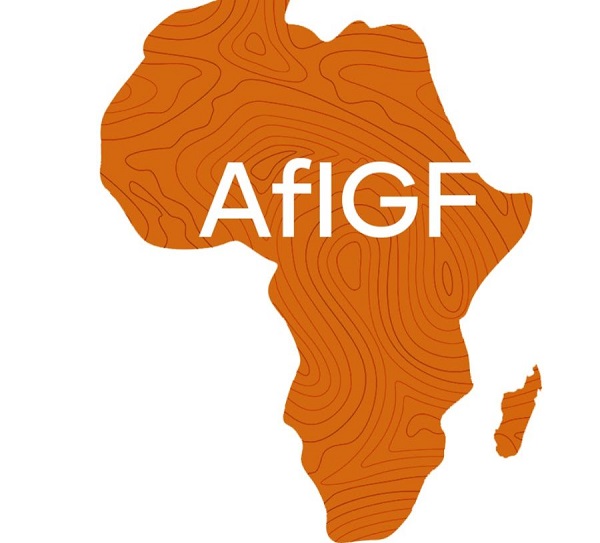President of the Association of Advertising Agencies of Nigeria (AAAN), Ikechi Odigbo, has described as “vicious cycle” the controversies surrounding debts and payment challenges in Nigeria’s Integrated Marketing Communications Industry (IMC).
And as a way of addressing the debt challenge, the association boss said all it would require is the collective will and total commitment of the stakeholders and players across various sectoral groups.
Speaking recently during an exclusive interview with MARKETING EDGE in Lagos, Odigbo criticised vehemently, the 120 days credit term proposal canvassed by the client companies, stressing that the development arose owing to “the lack of leverage” on the part of advertising agencies as against their clients.
According to him, the multinational client companies have, over time, almost all the leverage to set the terms, and to that extent, have oftentimes capitalised on the weak leverage that agencies have. He added that, this development must have to be addressed at the level of the sectoral groups.
“I would say that the inter-sectoral debt is a vicious cycle. It’s a vicious cycle because cash flow has become king. So every client and every agency is hoping to hold on for as long as possible because it’s actually your cash flow that determines your sustainability; your ability to stay in business and ability to pay up your bills.
“I believe it is more of a situation where the various sectors within the media and the marketing communications sector would have to work together because it doesn’t just affect advertising; it affects the other sectors too. There is a lack of leverage, and what you find is that the clients have almost all the leverage to set the terms and its now left for you to determine whether you would want to work based on those terms with them or not,” he said.
He added: “You just mentioned the 120 days to the agencies. If an agency is working under those terms what kind of terms would you want them to work with the vendors and media partners? So, it’s a vicious cycle. You have a lot of agencies who, in the books, are looking profitable. But in terms of cash flow, they are barely surviving, and that’s the paradox.”
On the controversy surrounding whether or not multinational companies should pay pitch fee and pitch rejection fee to agencies, the AAAN boss noted that it was in the best interest of the clients to better remunerate their agencies, adding that only by so doing would the agencies be in proper stead to deliver optimally in building their client’s brands.
Declaring the Association’s formal position on the controversial subject, Odigbo disclosed that the association was also working out an effective regulatory framework that would see to it that clients complied to pitch fee payments, adding that what was needed to make it work is collective will of business players on both clients and the agencies side.
“Yes, we can only lead from a statutory side. It takes a kind of organic or collective ownership of a position that pitch fees must be paid, and pitch rejection fees must be paid before it becomes effective.
“What we have told our member agencies is that if you are invited for a pitch and you realised that it would undermine your opportunity to directly engage the client to say I want pitch fees before I pitch, you will have to inform us (the association), and once you inform us, we as an association will now communicate the prospective client,” he said.







Comment
No comments found.